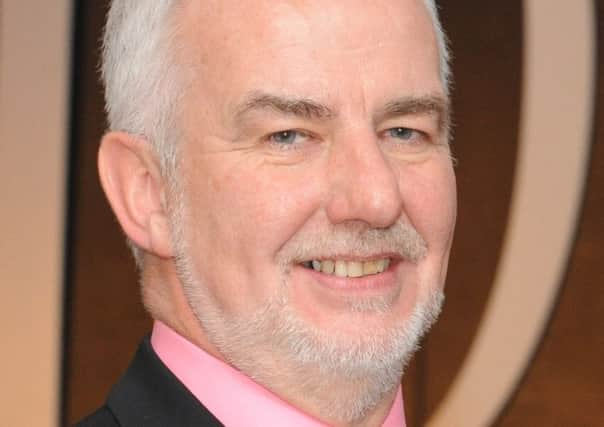Scots business leaders give backing to living wage


An exclusive poll conducted for The Scotsman at the IoD Scotland conference found that 80 per cent of attendees said the introduction of the national living wage would not pose a threat to their business.
The living wage is due to kick in at a rate of £7.20 an hour for workers aged 25 and above from April 2016 – rising to £9 by 2020.
Advertisement
Hide AdAdvertisement
Hide AdWhitbread, the owner of coffee chain Costa and hotels operator Premier Inn, last month warned investors that it faces extra costs of up to £20 million a year as a result of the wage, announced by Chancellor George Osborne in July.
Recent analysis from the Resolution Foundation think tank found that around one in five employees in small firms are set to get a pay rise as a result of the new national living wage, but the move has sparked concerns over job creating, pricing and investment.
The Federation of Small Businesses said last month that its research showed only one in 20 firms thought the UK government’s decision to introduce the new rate would have a positive impact on their business.
Speaking at the IoD Scotland conference at Cameron House, Loch Lomond, Elaine McIlroy – a partner at law firm Weightmans – said: “Although the introduction of the national living wage will have cost implications for Scottish businesses, a significant number of employers have indicated that they consider that introducing it is the right thing to do and they expect to see benefits in terms of improved employee morale when it comes into effect.
“In terms of the implications of it for employers, some may have to re-evaluate their salary structures as the introduction of the national living wage could lead to pressure to increase wages further up the chain. Supervisors and managers will expect to earn more than shop floor staff – so maintaining that differential is likely to be a key point for salary negotiations year. In addition, those employers that have always paid above the minimum wage to differentiate themselves from others will also have to pay more if they want to retain that position in the market.”
The survey of more than 150 business leaders at the IoD event also found that 67 per cent did not believe the top rate of income tax should be cut from its current level of 45 per cent, which is levied on earnings about £150,000.
David Watt, executive director of the IoD in Scotland, said: “That Scotland’s directors have indicated their support for not only the introduction of the living wage, but also for the top rate of taxation, shows a level of maturity and sophistication at the top.
“Businesses work well and prosper when people are treated equitably and can see the benefits of participating fully in a successful business or organisation – not just in their pockets, but in their career development and prospects.”
Advertisement
Hide AdAdvertisement
Hide AdWatt added: “We all support a drive towards increasing lower level wages, but it is still a complex picture and there remains concern in certain industries where costs can only be directly passed on to customers – such as social care and tourism.”